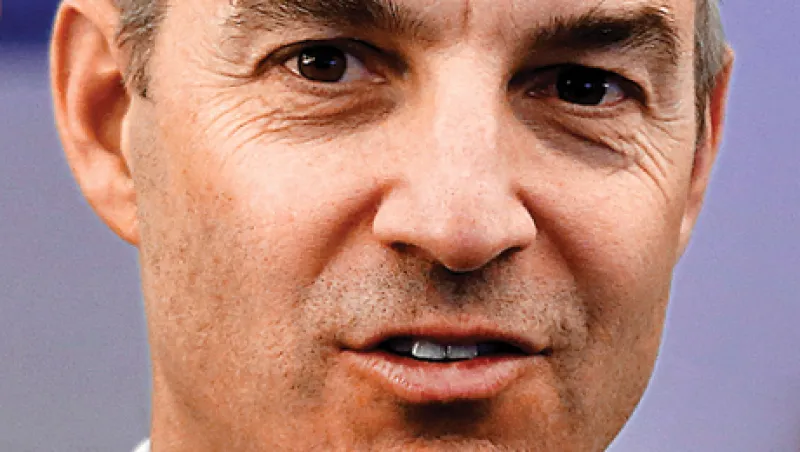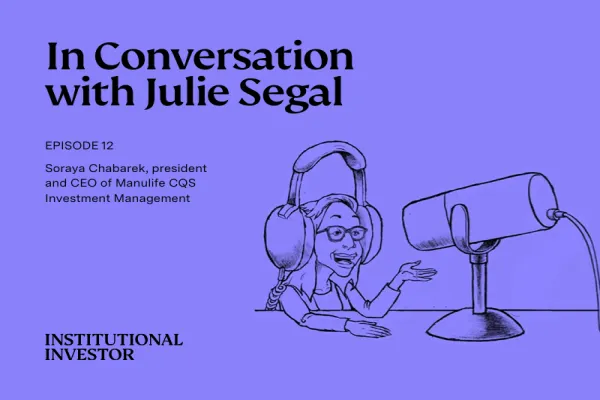For any hedge fund manager bold enough to try, taking activist positions in Japanese companies in the hope of coaxing value from underperforming businesses has long been a minefield. Japan’s corporate culture is famous for its adherence to protocol and respect for senior executives, who don’t like it when foreign investors tell them what to do.
Daniel Loeb, founder and CIO of $13 billion, New York–based hedge fund firm Third Point, made a name for himself in the early 2000s as a brash activist whose provocative 13D filings told the leaders of lackluster companies just what he thought of them. So when news broke last month that Third Point, which rarely engages in activism these days, had taken a position in Tokyo-based Sony Corp. — and that Loeb was personally delivering a letter to CEO Kazuo (Kaz) Hirai — some expected fireworks.
In fact, Loeb, 51, was remarkably deferential. “Since taking the helm as Chief Executive Officer in 2012, your stated commitment to reinvigorating the Company has given us hope that Sony is entering a new era,” he wrote. Then, “in the spirit of partnership,” Loeb proposed that Sony spin off its entertainment division — which includes Hollywood studio Sony Pictures Entertainment and a music business with labels such as Columbia, Epic and Sony Classical — into an independent entity and focus on its electronics business.

Loeb has also been making a macro bet on Japan. According to Third Point’s first-quarter investor letter, the hedge fund anticipated a devaluation of the yen and a rise in equities under new Prime Minister Shinzo Abe. Its long-Japan-equities-short-yen strategy got another boost from the Bank of Japan’s aggressive monetary easing in April.





